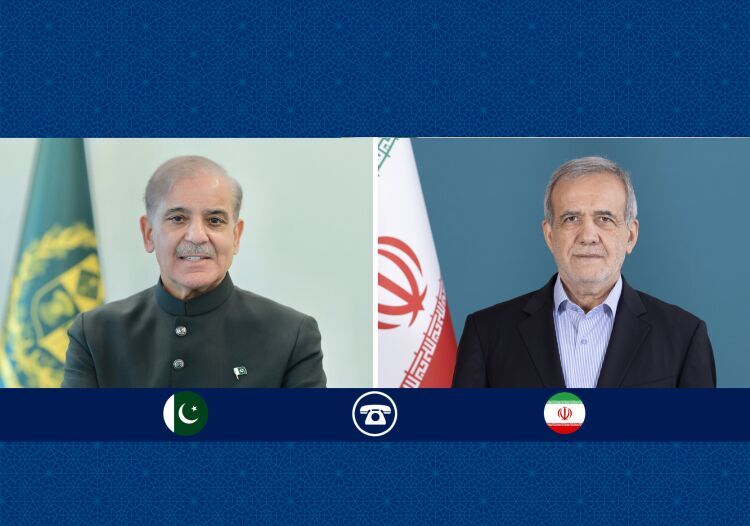
Similar Posts
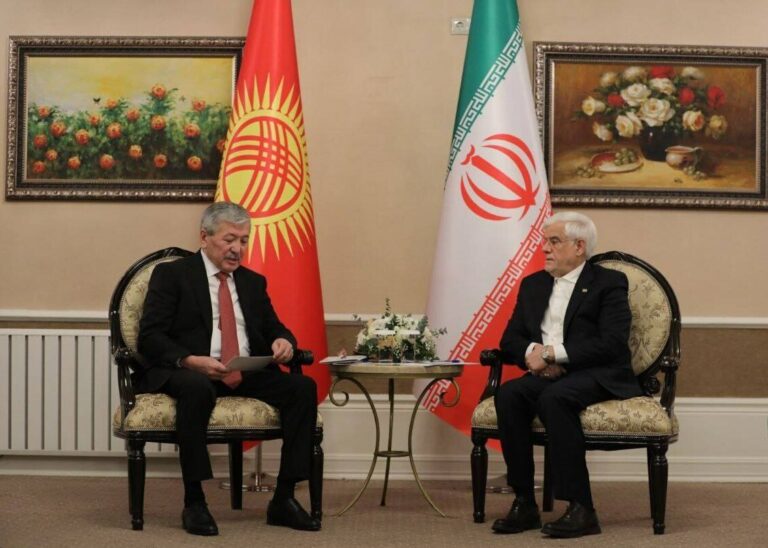
Iran and Kyrgyzstan Forge Stronger Bonds: Strategic Cooperation on the Horizon
Iran’s First Vice President Mohammadreza Aref met with Kyrgyzstan’s Prime Minister Adylbek Kasymaliev in Bishkek, highlighting the strong ties between the two nations rooted in shared cultural and historical backgrounds. Aref emphasized the importance of enhancing economic, scientific, and technological collaboration, advocating for a more effective joint cooperation commission. Both leaders acknowledged the significance of their memberships in regional organizations like the SCO, ECO, and EAEU for fostering deeper cooperation. Kasymaliev expressed optimism for increased Iranian investments in Kyrgyzstan and reinforced the potential for expanded economic relations, marking a commitment to strengthening bilateral ties.
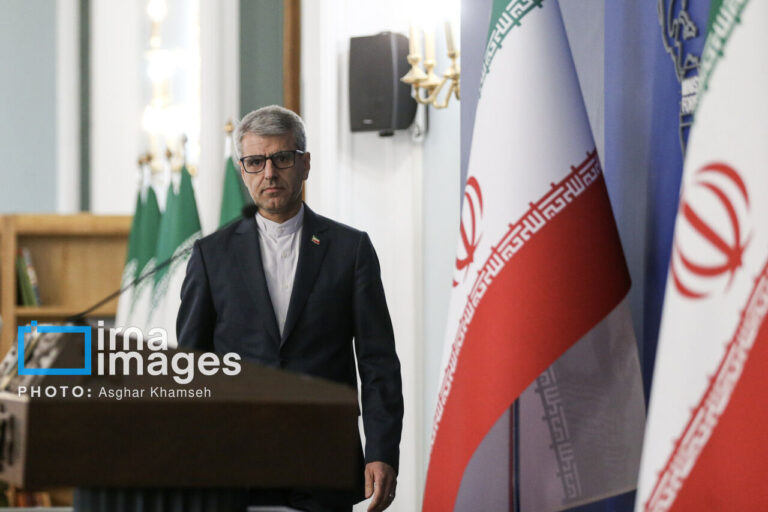
Iran Praises India-Pakistan Ceasefire, Urges for Sustainable Peace in the Region
The recent ceasefire agreement between India and Pakistan has been positively received by the Iranian Foreign Ministry, with spokesperson Esmaeil Baqaei urging both nations to capitalize on this opportunity for de-escalation and lasting peace. The truce follows four days of intense conflict that heightened global security concerns. Baqaei praised the leaders of both countries for their decision to halt hostilities, expressing hope for restored normalcy. India’s Foreign Minister confirmed the U.S.-mediated ceasefire, while Iran offered to mediate further dialogue, emphasizing the historical ties between the two nations. Diplomatic efforts are crucial for regional stability.
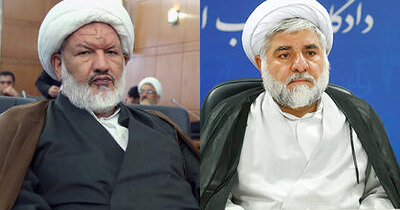
Mysterious Fatal Shooting of Iranian Judges Shocks Nation: Unraveling the Unexplained Tragedy
Two Supreme Court judges in Tehran, Mohammad Moghiseh and Ali Razini, were shot dead in a shocking attack that raises serious security concerns within Iran’s judicial system. The assailant, a staff member at the judiciary headquarters, reportedly used a handgun before committing suicide. Initial reports suggested a third judge was targeted, but this was denied. The Judiciary highlighted that the judges were committed to fighting national security crimes and terrorism. Following the attack, several courthouse staff were arrested, and the incident has prompted discussions about increasing security measures for judicial officials in Iran.
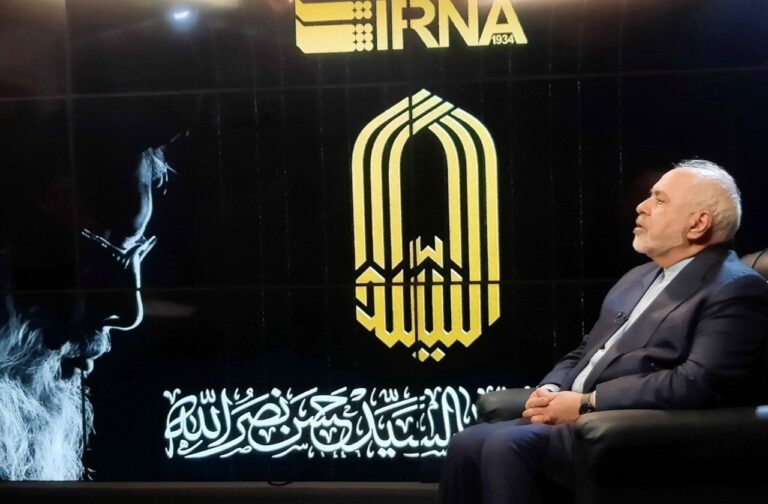
Zarif: Nasrallah’s Rational Leadership and Insight into Lebanon’s National Interests
Iran’s Vice-President for Strategic Affairs, Mohammad-Javad Zarif, honored the late Hezbollah leader Sayyed Hassan Nasrallah, praising his rationality and courage during a recent IRNA program. Nasrallah, who died in an Israeli airstrike in September, was noted for his logical decision-making and commitment to Lebanon and the broader Arab and Islamic communities. Zarif highlighted Nasrallah’s support for the Joint Comprehensive Plan of Action (JCPOA) and his ability to address non-military issues, earning community trust. Reflecting on Nasrallah’s funeral in Beirut, Zarif emphasized the massive turnout as a testament to Hezbollah’s enduring ideology and Nasrallah’s significant legacy.

Strengthening Ties: Russian President Officially Ratifies Strategic Partnership Agreement with Iran
Russian President Vladimir Putin has ratified a 20-year strategic cooperation treaty with Iran, strengthening bilateral relations. The treaty, signed after approval from Russia’s State Duma and Federation Council, stems from a January meeting between Putin and Iranian President Masoud Pezeshkian. Putin described it as a “breakthrough document,” while Pezeshkian expressed hope for a new chapter in their relationship. The treaty outlines cooperation in defense, energy, finance, transportation, and other sectors. Iranian Foreign Minister Abbas Araqchi noted that the Iranian Parliament is expected to approve the deal soon, facilitating its swift implementation and potentially altering regional geopolitical dynamics.
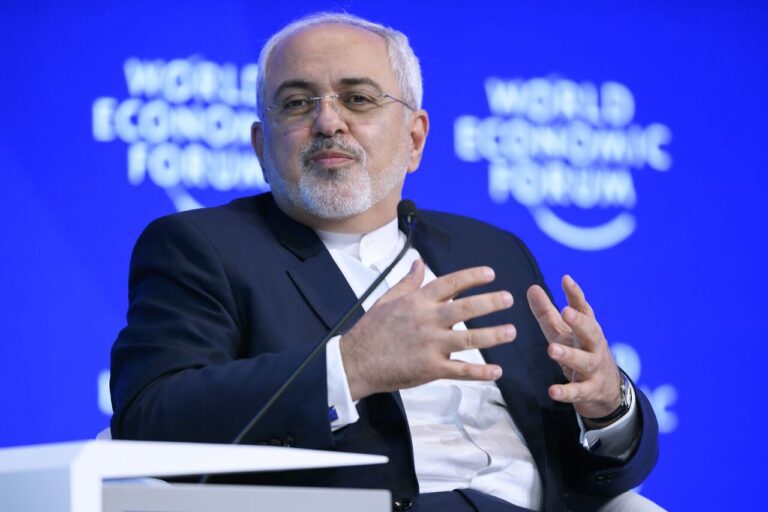
Zarif Asserts Iran’s Strategic Self-Reliance: Nuclear Ambitions Not the Path Forward
Iran’s Vice-President for Strategic Affairs, Mohammad Javad Zarif, rejected claims that Tehran’s defense policy is focused on nuclear weapons, describing such views as misunderstandings of Iran’s strategic objectives. In an article, he emphasized that Iran’s deterrent strength relies on self-sufficiency and advanced military capabilities, dismissing narratives of a nuclear shift as overly simplistic. He highlighted the significance of historical resilience and strategic self-reliance in Iran’s defense policy. Zarif called for global accountability, urging analysts to focus on the destabilizing actions of the Zionist regime instead of framing Iran as a nuclear threat.